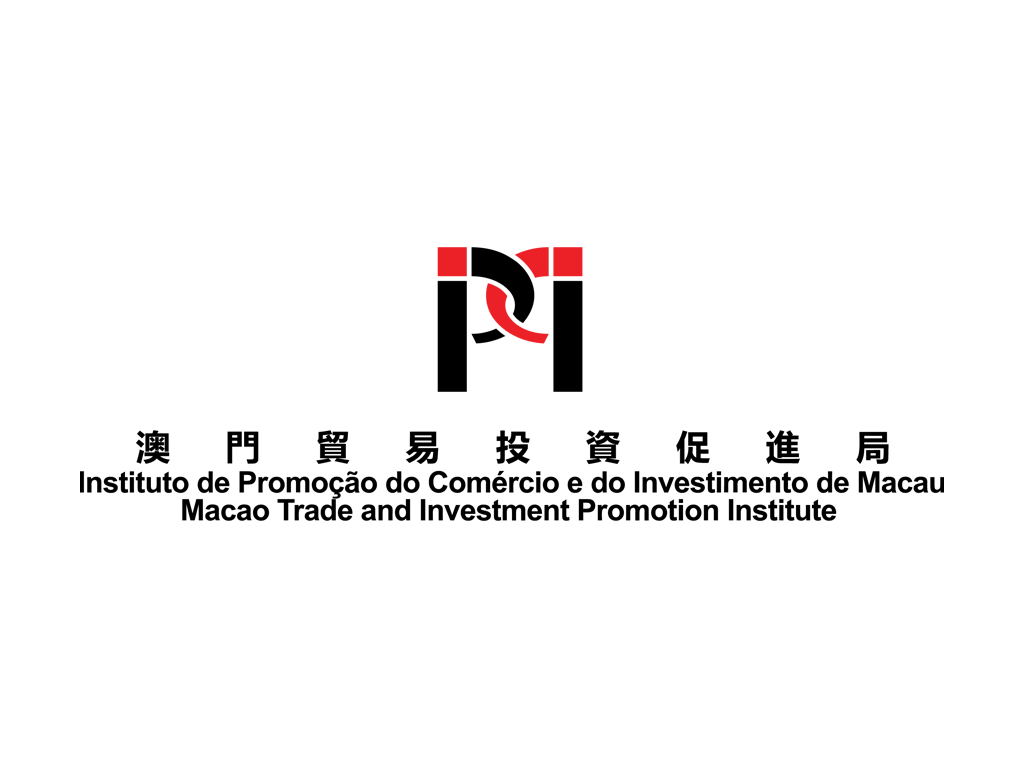[2019-07-17] World Bank increases funding to Angola to US$2.52 billion
Source: Macauhub
The World Bank has increased the value of its project portfolio in Angola to US$2.52 billion with the approval of a new financial package in the amount of US$1.32 billion as part of “Angola Day” according to official information released by the Angolan press.
This new funding will be applied in three structural initiatives of the Angolan government, namely the project to strengthen the Social Protection System (US$320 million), the Budget Support operation (US$500 million) and the Bita Project (Energy and Water) with US$500 million.
The Social Protection System Strengthening Project is part of a policy to transfer income to low-income households, totalling around 1 million, to mitigate the impact of benefit reforms on consumer purchasing power as a short-term result of the adjustment of prices of goods and services such as electricity, water and fuel tariffs.
The Budget Support Operation aims to support ongoing economic reforms, with technical support and financial resources from the World Bank, to make the process of adjustment and economic transformation of the country sustainable, while protecting the most vulnerable segments of the population.
The Bita Project is aimed at improving the operational and economic performance of the Energy and Water sector, thus increasing the access of households and companies to drinking water in some densely populated areas south of Luanda.
Finance Minister Archer Mangueira noted the importance of the decision from the World Bank Board of Directors to strengthen the social protection system in Angola at a time when reforms of the system of subsidies to consumer prices are underway.
Archer Mangueira said that the need to adjust the prices of administratively controlled goods, such as water, electricity, public transport and fuels, has been included in the Macroeconomic Stabilisation Programme, approved in 2018, in order to boost ongoing reforms implemented by the government as well as to transition to a new growth model.





















